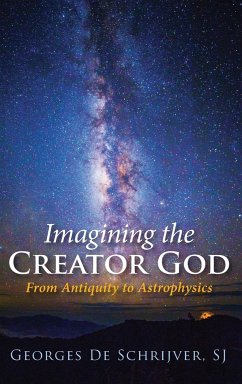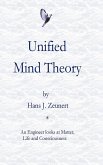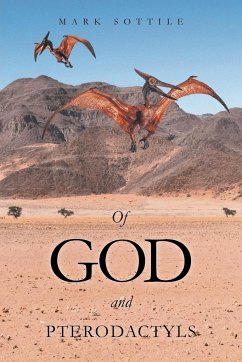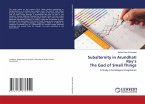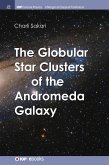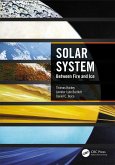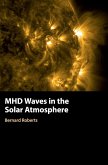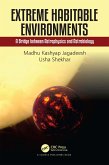Ever since it was demonstrated in the 1920s that the universe, with its trillions of galaxies, is caught up in a process of steady expansion, it became evident that it must have originated from an ""initial singularity,"" a ""Big Bang,"" which gave rise to the formation of subatomic parts, atoms, molecules, clouds of gas, and finally, stars and galaxies. Running this expansion back in time, scientists began to reckon with the miracle of an evolving universe of which we are the outcome: the iron in our blood has been formed in the stars. This book gives an overview of the cosmologies that were in vogue in antiquity--the Jewish and Christian concepts of Creation, and the classical thinkers in Greek cosmology: Plato, Aristotle, and Ptolemy--and in modern times, Copernicus, Galileo, Kepler, and Newton. The book brings us right down to the present day with a careful and readable treatment of the scientific innovations inaugurated by Einstein and the specialists in quantum physics, and to recent developments in astrophysics. This path of exploration opens the avenue for imagining a Creator God who is so generous that he invites creation to share in his own creativity. For the back Cover: ""Written with the clear prose and deft illuminating touch of a master teacher, this book fills a real gap for theologians, other scholars, and lay readers alike. Its engaging trek through the history of thought about the cosmos delivers not only scientific information but also theological insight as to how each cosmology shapes our understanding of the God who creates. A valuable resource for grappling with how today's move from a static to an evolving picture of the world shapes our understanding of the divine."" --Dr. Elizabeth Johnson, CSJ, Distinguished Professor of Theology, Fordham University (New York); Past President, Catholic Theological Society of America How we imagine and think about the universe has an enormous influence on the way we see its Creator. This book traces the cosmologies that have shaped our thought, and provided the context for our theologies of God, from Genesis and Plato to Stephen Hawking and beyond. A book of enormous learning, it is, nevertheless, wonderfully clear and accessible, honed by years of teaching. It will be of great help to teachers and students of theology, as well as general readers seeking to understand the universe and its relationship to God. -- Denis Edwards, Australian Catholic University Front page of book: ""Fr. Georges DeSchrijver is one of only a handful of contemporary writers on religion and science who exhibits equal competence in the history of Western philosophy and theology and in natural science from ancient times to contemporary quantum theory. Most writers are experts in one area or the other but not both. Hence, Fr. DeSchrijver's defense of a Trinitarian process-oriented understanding of the relation between religion and science deserves careful reading. Moreover, he explains subtle arguments from both philosophy/theology and natural science in relatively straightforward terms suitable for the educated lay reader. The book is thus suitable for use in undergraduate classrooms."" -- Joseph Bracken, SJ, is professor emeritus of Theology of Xavier University in Cincinnati, Ohio ""Written with the clear prose and deft illuminating touch of a master teacher, this book fills a real gap for theologians, other scholars, and lay readers alike. Its engaging trek through the history of thought about the cosmos delivers not only scientific information but also theological insight as to how each cosmology shapes our understanding of the God who creates. A valuable resource for grappling with how today's move from a static to an evolving picture of the world shapes our understanding of the divine."" --Dr. Elizabeth Johnson, CSJ, Distinguished Professor of Theology, Fordham University (New York), Past President, Catholic Theological Society of America How we imagine and think about the univ
Bitte wählen Sie Ihr Anliegen aus.
Rechnungen
Retourenschein anfordern
Bestellstatus
Storno

